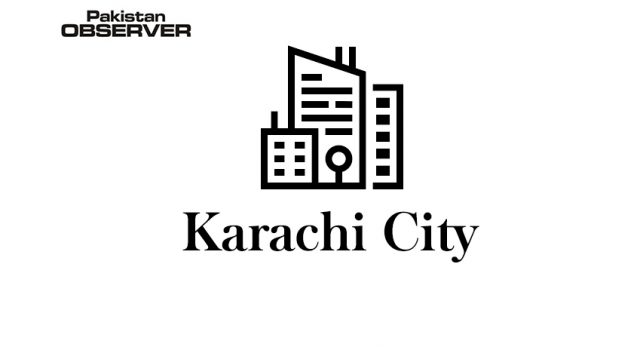The Sindh government and the World Bank (WB) on Friday agreed to repair Jam Sadiq Bridge, in addition to construct a new alternate to cater the mass transit requirements.
This was agreed during a meeting between Sindh Chief Minister Syed Murad Ali Shah along with his team and the WB Country Director Najy Benhassine.
They also agreed to reform water board, which was long awaited. The meeting was attended by provincial ministers, Dr Azra Fazal Pechuho, Sardar Shah, Mukesh Chawla, Nasir Shah, Jam Khan Shoro, Advisor Law Murtaza Wahab, Advisor Rehabilitation Rasool Bux Chandio, Special Assistant on Investment Qasim Naveed, Special Assistant on Social Protection Haris Gazdar, Chief Secretary Sohail Rajput, Chairman P&D Hassan Naqvi and concerned provincial secretaries.
The chief minister directed the Planning and Development Department to prepare PC-1 for repairing the existing Jam Sadiq Bridge and plan for the new bridge along with its site. While discussing the reformation of Karachi Water and Sewerage Board (KWSB), the CM said that he was trying to make the board a self-sustained, highly professional, and efficient organization under the WB-assisted Water and Sewerage Services Improvement Project, but the desired results have yet to come.
The meeting was informed that a headhunting firm has shortlisted the names of CEO for KWSB and its board would recommend one of them for appointment shortly. The chief minister said that the sewerage and water distribution system of the water board was not documented properly.
The World Bank assured the CM that their experts would help the provincial government to document it properly. While discussing the Competitive and Livable City of Karachi Project it was pointed out that the collection of Urban Immovable Property Tax has been handed over to the local councils.
The World Bank was informed that the property tax collecting staff had been given to the local government department for continuing collection for next two or three years. By that time local councils would train their staff and collect on their own.
Under the project a fresh survey of the properties in the city would be conducted for which survey specialists and other relevant staff were being recruited. Under this WB-assisted project urban mobility, accessibility and road safety in the city has to be improved through Mass Transit Infrastructure by constructing a 22 km yellow line BRT corridors, bus ways, stations, terminals and depots. The cost of which is Rs53,540 million.
The Sindh government and the WB agreed to start civil work of the BRT Yellow Line from June 2023 and procurement for perimeter boundary would be started in August 2022.
This project has been launched for Rs12408 million with the objective to harness renewable energy in the province by providing the deployment of solar power through development of utility-scale 400 MW solar power at highly competitive prices with strategically identified solar parks, installation of distributed solar power system on and around public buildings and provision of solar home systems for 200,000 households with no or low access to electricity.








